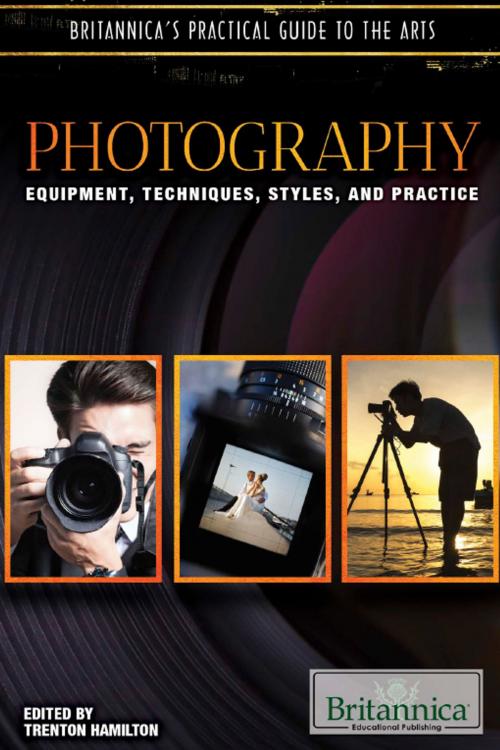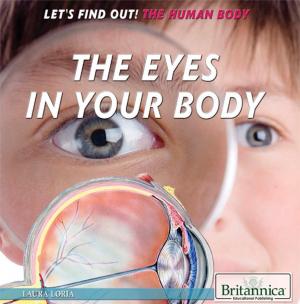Photography
Techniques, Styles, Instruments, and Practice
Kids, Creative Kids, Photography, Beautiful and Interesting, Visual Arts| Author: | Trenton Hamilton | ISBN: | 9781680483642 |
| Publisher: | Britannica Educational Publishing | Publication: | August 1, 2016 |
| Imprint: | Britannica Educational Publishing | Language: | English |
| Author: | Trenton Hamilton |
| ISBN: | 9781680483642 |
| Publisher: | Britannica Educational Publishing |
| Publication: | August 1, 2016 |
| Imprint: | Britannica Educational Publishing |
| Language: | English |
Photography is generally considered to have had its birth in 1839, when Louis-Jacques-Mandé Daguerre first revealed his photographic process to the public. Increasingly, cameras have become more automated and electronic over the years. In spite of the increasing sophistication of the equipment, however, the photographer's eye continues to be all-important. Photography remains a unique human act. This compendium focuses on the technology of photography, the camera and its parts, types of lenses, shutters and speeds, films and filters, making photographs, exposing film, lighting, darkroom techniques and processing, printing photographs, and some of the practical applications of the medium.
Photography is generally considered to have had its birth in 1839, when Louis-Jacques-Mandé Daguerre first revealed his photographic process to the public. Increasingly, cameras have become more automated and electronic over the years. In spite of the increasing sophistication of the equipment, however, the photographer's eye continues to be all-important. Photography remains a unique human act. This compendium focuses on the technology of photography, the camera and its parts, types of lenses, shutters and speeds, films and filters, making photographs, exposing film, lighting, darkroom techniques and processing, printing photographs, and some of the practical applications of the medium.















